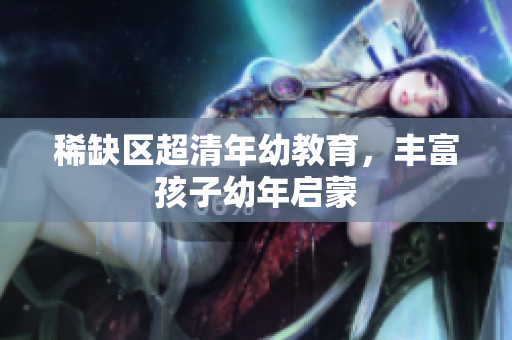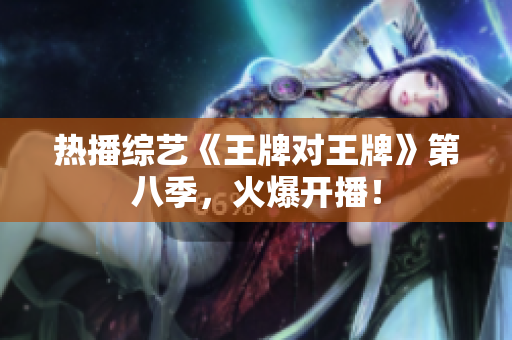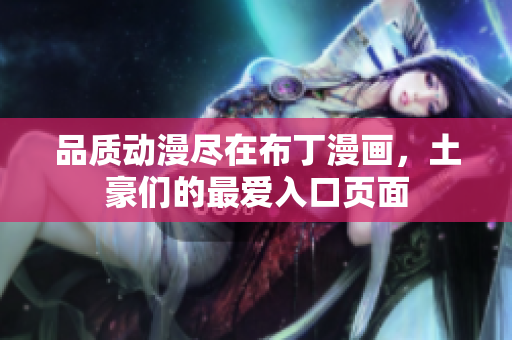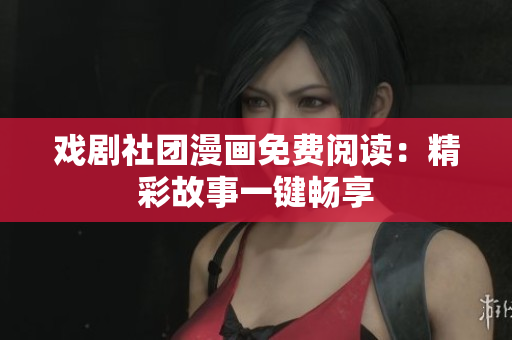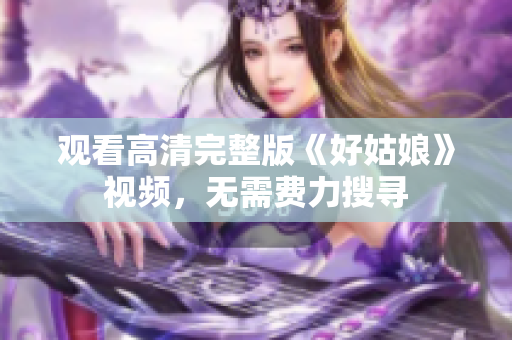Introduction
Western civilisation has long been celebrated for its incredible contributions to the world of arts and humanities. From the works of Leonardo da Vinci to the poetry of William Shakespeare, these masterpieces have withstood the test of time and continue to inspire and captivate audiences around the world.
Despite the cultural richness that such works offer us, however, there are still many concerns and issues that we face in our daily lives. From navigating the complexities of 5G technology to dealing with classroom dilemmas like having to teach a C1 lesson on short notice or the temptation to cheat in video games by buying in-game currency, there are many distractions that can cloud our experience of the art and beauty around us. This article will explore some of these challenges and how we can overcome them to enhance our understanding and appreciation of the world of arts and humanities.
Emerging Technology and the Arts
The rise of 5G technology has revolutionised the way we consume and experience media. While this development has many benefits, it can also present challenges when it comes to fully appreciating the finer details and nuances of art and culture. For example, streaming video enables us to watch concerts or theatre performances from our living rooms, but we miss out on the sense of community and shared experience that comes with seeing these events in person. Similarly, the convenience of digital downloads means that we can listen to music or read books without ever holding a physical copy, but we lose the tactile experience of holding a well-crafted book or vinyl record.
To overcome these challenges, we must make a conscious effort to engage with art in meaningful ways. This may mean setting aside time to visit galleries or museums, attending live performances or concerts, or investing in physical copies of books, music and other media. By making art a priority and engaging with it in different ways, we can enhance our understanding, appreciation, and enjoyment of the arts.
Challenges in Education
As students, we face many competing demands on our time and attention, and it can be challenging to engage fully with the arts and humanities in the midst of our daily academic and extracurricular commitments. Challenges like having to teach a C1 lesson on short notice or the temptation to cheat in video games by buying in-game currency can also distract us from our studies and interests.
To tackle these challenges, we need to cultivate discipline and focus in our everyday lives. This means setting clear goals and priorities, managing our time wisely, and dedicating ourselves to our studies and interests with intentionality and perseverance. We can also seek out peer support and mentoring from our teachers and advisors to help us stay on track and stay motivated in our academic and extracurricular pursuits.
Ethical Considerations in Gaming
Gaming has exploded in popularity in recent years, with millions of people around the world spending countless hours immersed in virtual worlds and engaging in complex role-playing games. While this can be a fun and engaging pastime, there are also concerns about the impact of gaming on our values and attitudes, particularly in regards to cheating and purchasing in-game currency.
It is important to consider the ethical implications of our actions when playing games. Cheating not only undermines the integrity of the game but also sends the message that shortcuts are more important than hard work and perseverance. Buying in-game currency, while tempting, can also promote a culture of instant gratification and impulsive spending. By cultivating a sense of discipline and integrity in our gaming habits, we can enjoy the benefits of gaming without compromising our values or the values of the wider gaming community.
The Value of Cultural Diversity
Finally, it is important to recognise the unique contributions that different cultures and perspectives offer to the world of arts and humanities. From the intricate designs of South East Asian embroidery to the poetic rhythms of African music, the diverse expressions of human creativity enrich our understanding of the world and our place in it.
Unfortunately, not all cultures receive equal attention or appreciation in the international art world. Reasons for this include limited resources, political instability, or the dominance of Western cultural narratives. As members of the global community, it is our responsibility to seek out and appreciate the beauty and value of all cultures.
In conclusion, the world of arts and humanities offers us endless opportunities for intellectual and creative growth, but it also presents its own unique challenges and distractions. By focusing on our priorities, maintaining discipline and integrity in our actions, and embracing the richness of cultural diversity, we can overcome these challenges and engage more deeply with the art and beauty around us.



